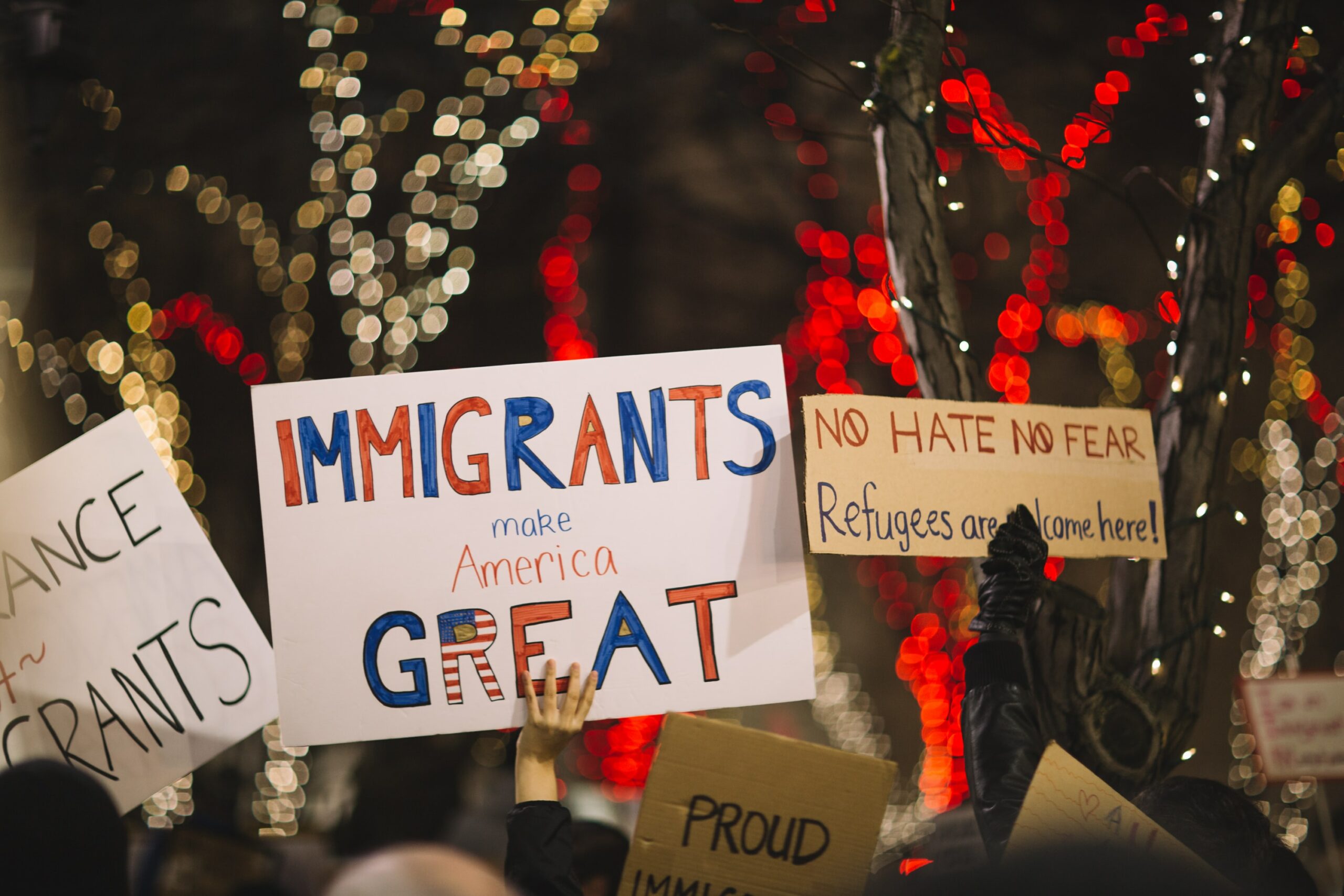After a tumultuous summer of disputes with the US Immigration and Customs Enforcement (ICE), international students are troubled by yet another proposal from the Department of Homeland Security (DHS), released in late September.
Docket No. ICEB-2019-0006 proposes establishing a fixed deadline on student visas, rather than adhering to the current protocol known as “duration of status” (D/S). Under D/S, international students can stay in the US indefinitely, so long they are enrolled in an academic program. In other words, it’s up to the student and their school to decide the length of stay, depending on desired learning pursuits.
“[D/S] gives international students an appropriate level of flexibility,” Andrea Popa, Director of the Office for International Student Affairs at Emerson College in Boston, explained to The College Post. “When students come to the US for study, a part of that academic inquiry is having the flexibility to change their mind, to add a major, to transfer to another school.”
But if passed, the rule will replace this liberty with an arbitrary deadline of either two or four years on F-1 and J-1 student visas. Learners will have to apply for Extension of Stay (EOS) if their studies extend beyond that timeframe.
According to Raymond G. Lahoud, an immigration lawyer, “this is the biggest change” to the student visa system. “It’s going to take away the ability of students to pick what schools they want to go to and to switch schools,” he told The College Post.
Applying and Reapplying
Reading into the fine print of the proposal, certain subsets of international students are only allotted a two-year visa period.
The shorter time limit applies to anyone from countries on the State Sponsors of Terrorism List, such as North Korea, Sudan, Iran, and Syria.
Similarly, citizens from countries with more than 10 percent overstay rate (which includes almost all of Africa) would only be allowed two-year F-1 and J-1 visas.
These students would need to go through the excruciating process of filling out endless paperwork, paying application fees, and waiting anxiously for approval just to complete a traditional four-year undergrad degree.
The implications are even worse for those trying to earn a doctorate degree, which can take more eight years to complete. If a prospective Ph.D. student falls into the two-year subset, they may well have to apply for EOS four or five times throughout their studies, with no guarantee that each application will be approved.

Popa from Emerson College is worried about the increase of EOS applications on top of an already backlogged system. Even now, the approval time for student visa extensions can take around seven to twelve months, she said. The new rule will only delay this waiting period even further.
“Not only is the process super slow, expensive, and time-consuming, the criteria that people would have to apply are stricter than they are now,” said Popa.
According to the proposal, the only legitimate reasons for seeking extensions are “(1) compelling academic reasons; (2) a documented illness or medical condition; and (3) exceptional circumstances beyond the control of the alien.”
This means that students who are struggling to complete their courses on time will not be eligible for EOS. In fact, the rule explicitly states that “a pattern of behavior demonstrating a student is repeatedly unable or unwilling to complete his or her course of study, such as failing grades, in addition to academic probation or suspension, is an unacceptable reason for program extensions.”
Overall Negative Response
With such a monumental change at hand, the proposal has attracted over 32 thousand responses during its 30-day comment period, which ended on October 26. The mixture of anonymous and identified messages almost unanimously object the new directive.
An anonymous comment states that “this outrageous law would only help deteriorate this country and isolate us further from the rest of the world. If passed, it will be a sad day for America.”
A third-year Chinese student from Emerson College, who asked to be only referred by his last name Liu, said “it feels like you’re being targeted and being accused out of the cold.” Though Liu was troubled by the announcement, he was not surprised.
Likewise, universities took action to oppose the docket. Institutions around the country have posted collective comments, sent direct letters to ICE, and hosted workshops to educate students on the issue.
The rule also drew the attention of some in Congress. Among the sea of comments, Rep. Anna V. Eskamani from Florida’s 47th District wrote that “this anti-immigrant rule is dangerous both to our country and state.” A group of both Democrat and Republican representatives have also submitted an official letter to the DHS with concerns.
The Value of a Global Education
The United States is championed for its excellent academic institutions and world-renowned research, for being an incubator of global thought. In terms of both financial and cultural contributions, foreign students play a significant role in American higher education. If the process of living in the US becomes overly convoluted or frustrating, students may start to think about alternatives.
Moreover, the new visa proposal is just one of many disturbances for international students this year. In July, ICE banned newly-enrolled international students from entering the US if their classes were fully online. Earlier in May, Donald Trump signed an executive order that would cancel any Chinese student’s visa if they had suspected connections with the Chinese military. As of September, over 1,000 Chinese scholars had their visas revoked for such alleged ties.
Kai Yeo, a senior Emerson student and president of Emerson’s International Student Organization, personally knows a friend who had to suddenly go home as a result of the July ruling. Though these policy changes do not directly affect Yeo, who is from Singapore, they add an extra shroud of stress for her future. Yeo plans to attend grad school in the US, but given the uncertainties of the pandemic and the recent rattling around student visas, she “doesn’t even know what’s gonna happen tomorrow.”
She told The College Post that she is puzzled by the rationale behind tightening restrictions on foreign students, especially since she and others pay a much higher tuition to study in the US.
“We just pay you money to let us stay here for school, why are you trying to kick us out?” she asked.

Popa is concerned about the recent unwelcoming atmosphere that the US has created for international students, fearing that it would chase scholars away from American higher education. “When there’s anti-immigrant rhetoric that comes in, it strips the US of some of the pieces that have really enriched our higher education,” she said wistfully.
For gap year student Michelle (she asked The College Post to disclose her first name only) from California Institute of the Arts, it’s not just a matter of policies and who it applies to.
As a Canadian student in the US, she is not directly affected by the proposed end to D/S. But even so, Michelle believes there are widespread consequences in discouraging the international community from pursuing higher education in the States, “one of which being the loss of more diverse perspectives integral to academic institutions.”
At the moment, Liu from Emerson still believes that studying in the US is a beneficial experience, but if the administrative process becomes a tiresome kerfuffle, then he will consider other options. Liu compared his academic journey to the act of shopping.
“It’s like I’m walking into a shop where the owners are not friendly and they’re not offering good service, then I’m going to move on to the next shop.”
Whether or not Liu stays in this shop will depend on many factors. For one thing, he hopes that he won’t be asked to leave the place before he’s finished browsing.



